Coach Yard
Leyton, East London
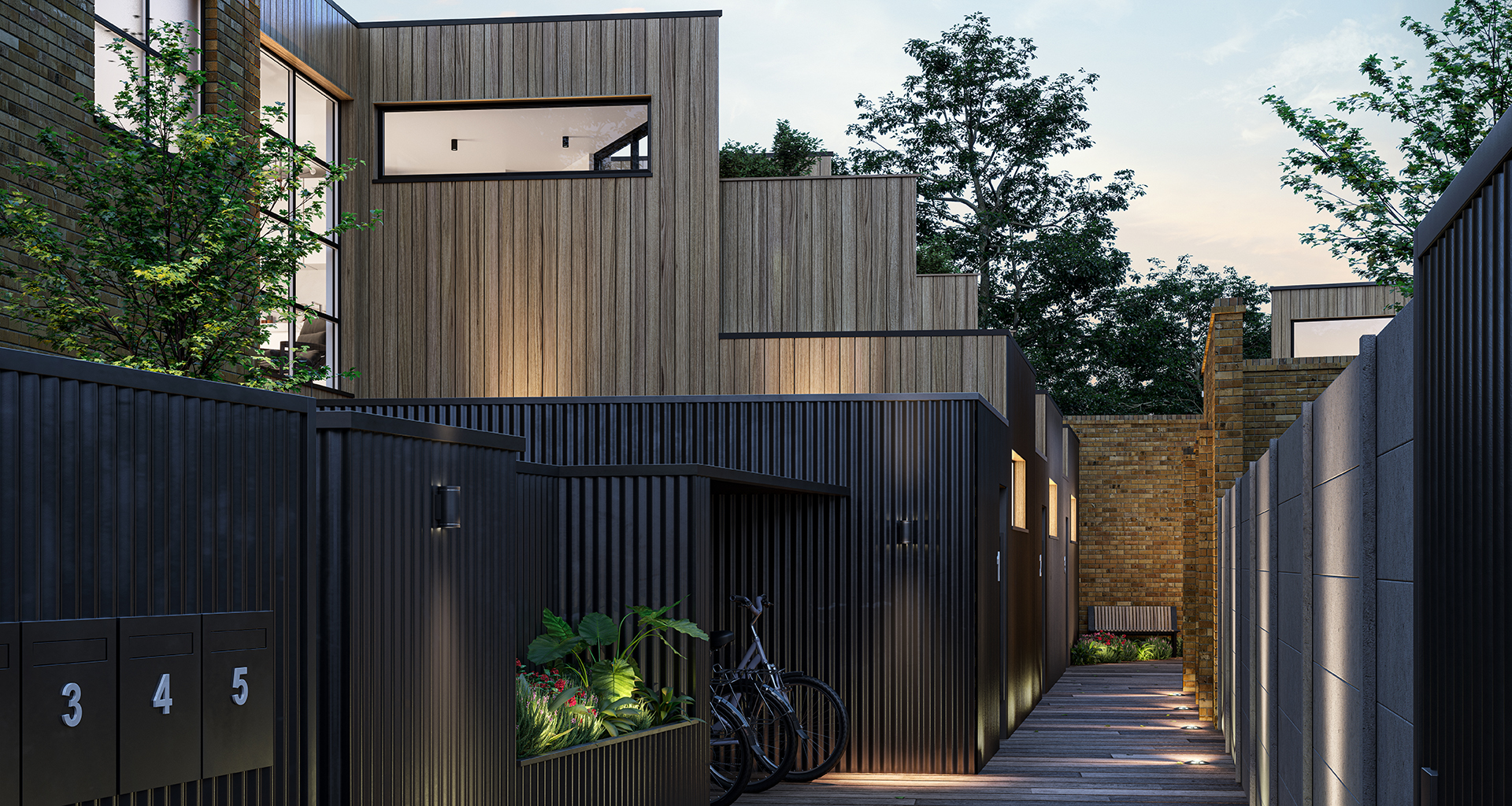
Creative urban development cluster
An East London Brownfield project required our creative ingenuity to transform it when other potential developers had simply not visualised the opportunity. The derelict site had tight dimensions and an awkward shape, but undeterred we found a way to convert this unusual site to create a cluster of six exciting and modern homes
Overview
Our original plan sought to create three sustainable dwellings on the site of a demolished factory; however, we persuaded the client to think 'bigger', not just using the factory space but demolish the rear part of the terrace house and the poor extension that housed a 2-bed flat. Creating space for 2 further homes to the original approval.
We gained planning consent for 5 eye-catching and innovative modern homes with 1 sustainable upgrade and refurbishment. The new builds were constructed off the existing concrete slab and factory wall.
The design is a mix of 1-bed 'pod' houses and upside-down Mews style townhouses. Our scheme is a clever design puzzle with massing and window locations designed to prevent overlooking, yet retain ample daylight and connection to the small courtyards or private balconies.
The design will reinstate some of the original factory-style features, and retain an entrance that from the street appears to lead into an industrial building. The material palette is inspired by the site’s industrial heritage including restoring the original brick walls to their original state, black steel corrugated cladding, contrasting Thermowood timber cladding and dark grey Crittall style aluminium windows.
Coach Yard successfully complements the surrounding period properties, integrating a sense of distinct modernity, without losing the building’s heritage. As a result, the scheme exudes an attractive contemporary aesthetic that is informed by the architecture of the original factory.
The project itself is a very proud one for us, with its completion and occupation during 2025!
- Materials palette a nod to the site’s factory heritage - black corrugated steel cladding and dark grey Crittall-style windows
- The original factory walls and floor slabs have been retained – reducing the development’s carbon footprint
- A 63% reduction in emissions over Part L Building Regulations
- Sustainable design - air source heat pumps, solar PV arrays and green roofs
- Unique building form and detailing
“When you think of infill development in urban areas, Coach Yard ticks all the boxes. The irregular site has thrown up many surprises along the way, from Covid shutdowns to old buried fuel tanks, but it is truly inspiring what can be achieved through clever design and construction on what many would think was an undevelopable site.
Whilst each of the three build phases brought their own unique challenges, it was important being of different type and form that the development read as one. This was helped by the choice of external and internal finishes to achieve a modern industrial aesthetic throughout. The result will hopefully encourage similar sites in London to be developed to provide sustainable, smaller homes for the future” Ricky Glover, Creative Director
Detail
Carbon impact
This project will achieve a 70% reduction in carbon emissions site-wide, far above the minimum 35% target for London. The Coach Yard is a fine example of how sustainably designed, small modern developments can be built without increasing London Architects carbon impact.

Carbon impact
This project will achieve a 70% reduction in carbon emissions site-wide, far above the minimum 35% target for London. The Coach Yard is a fine example of how sustainably designed, small modern developments can be built without increasing London Architects carbon impact.
Featured in



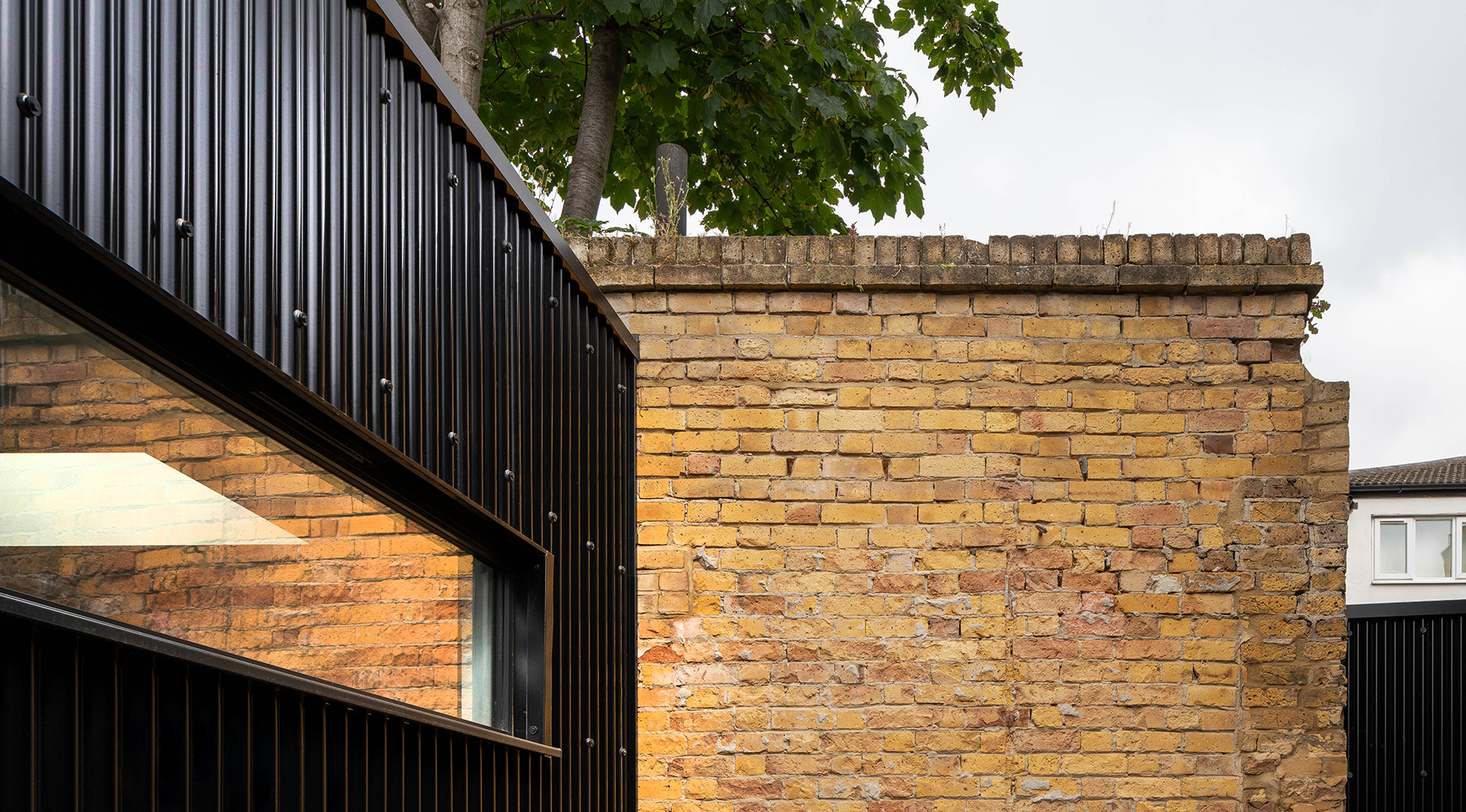
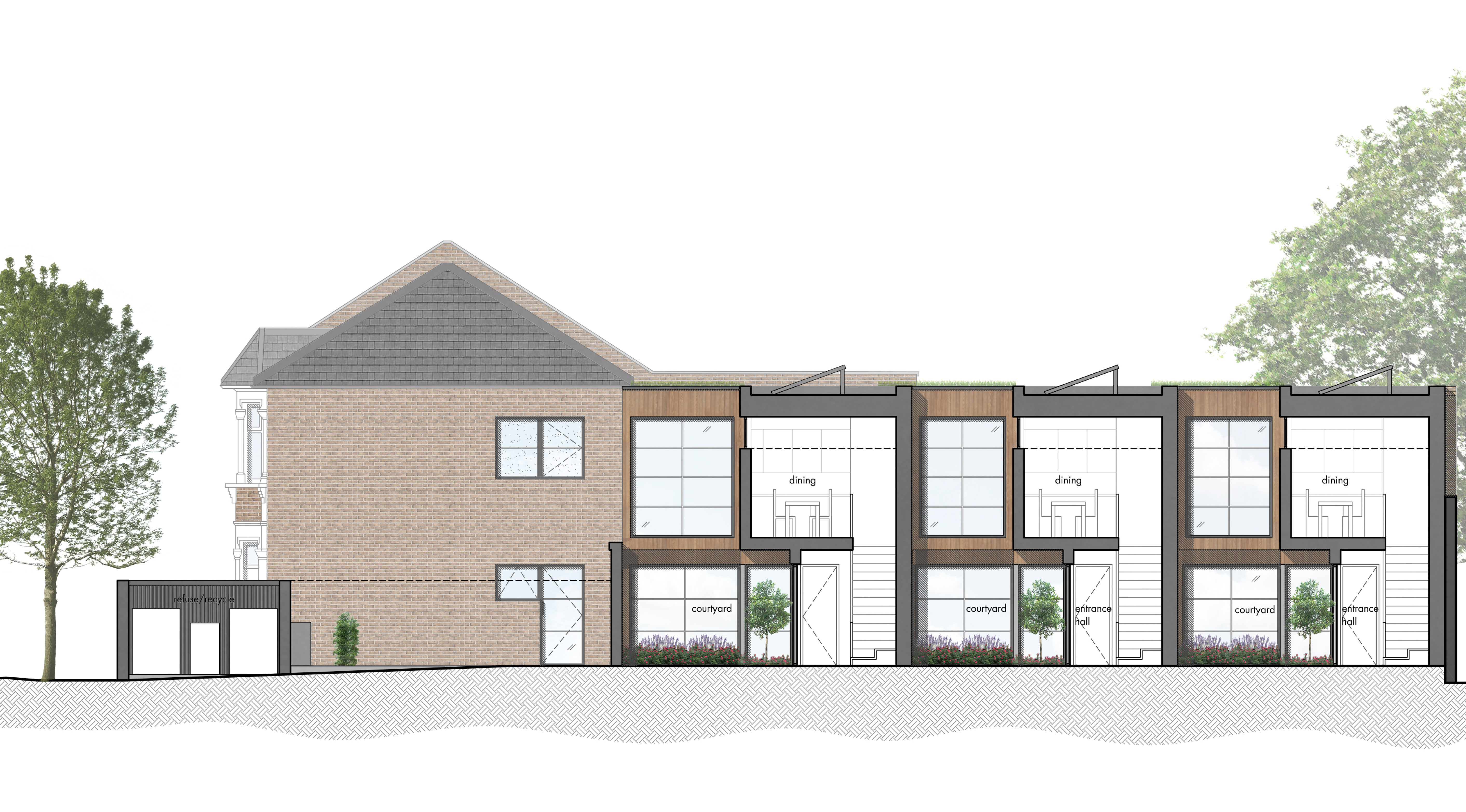


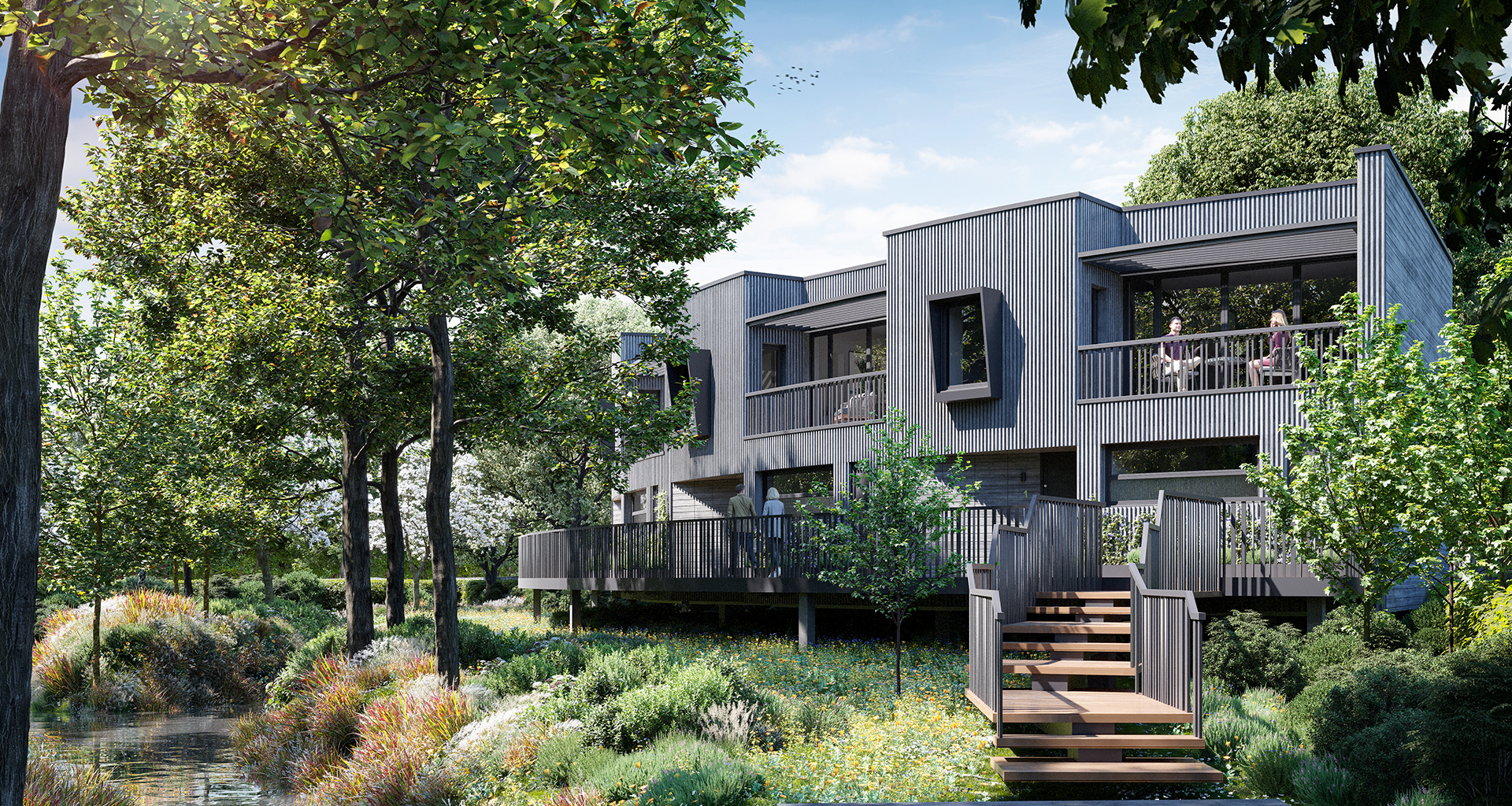
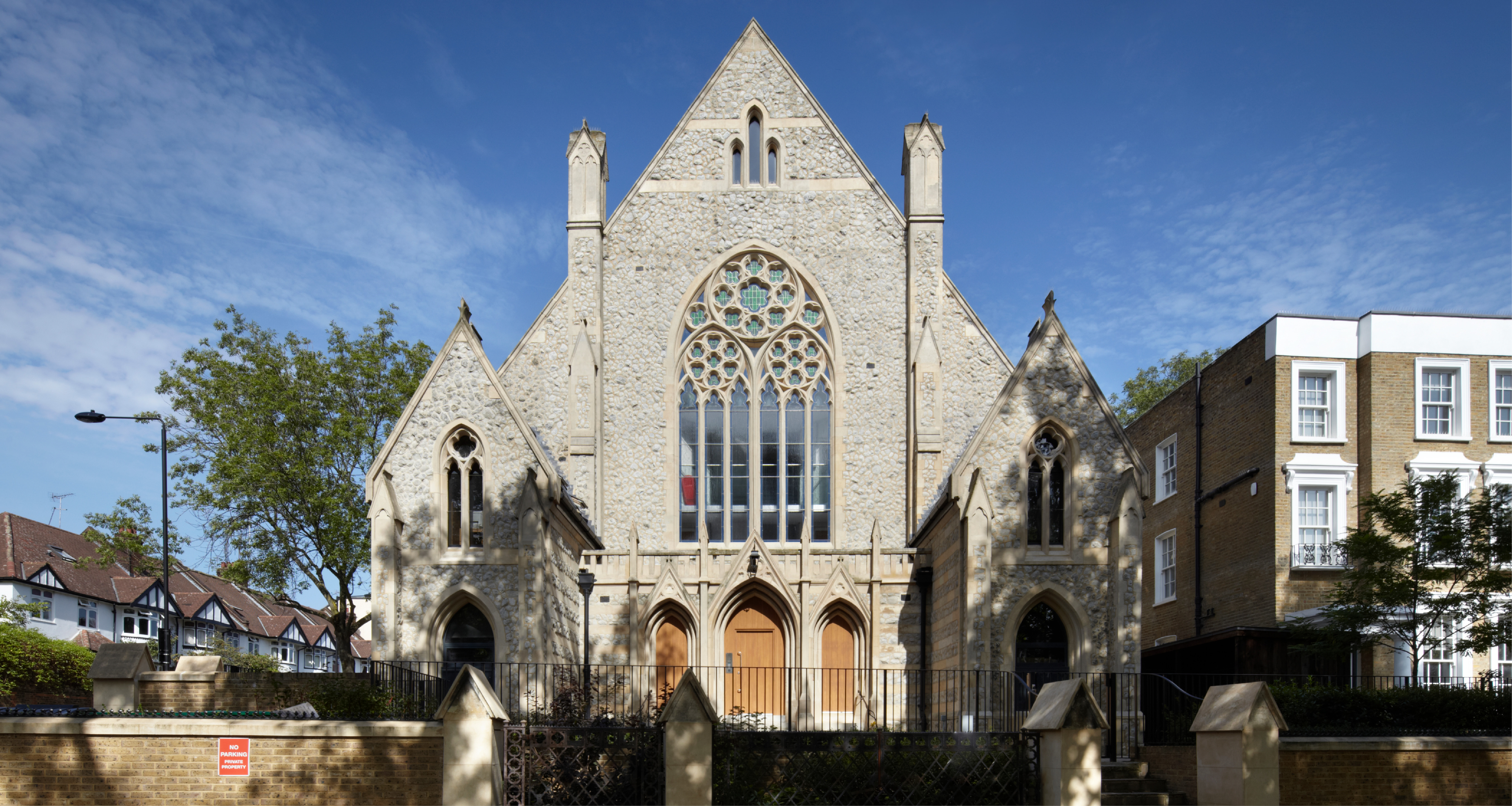
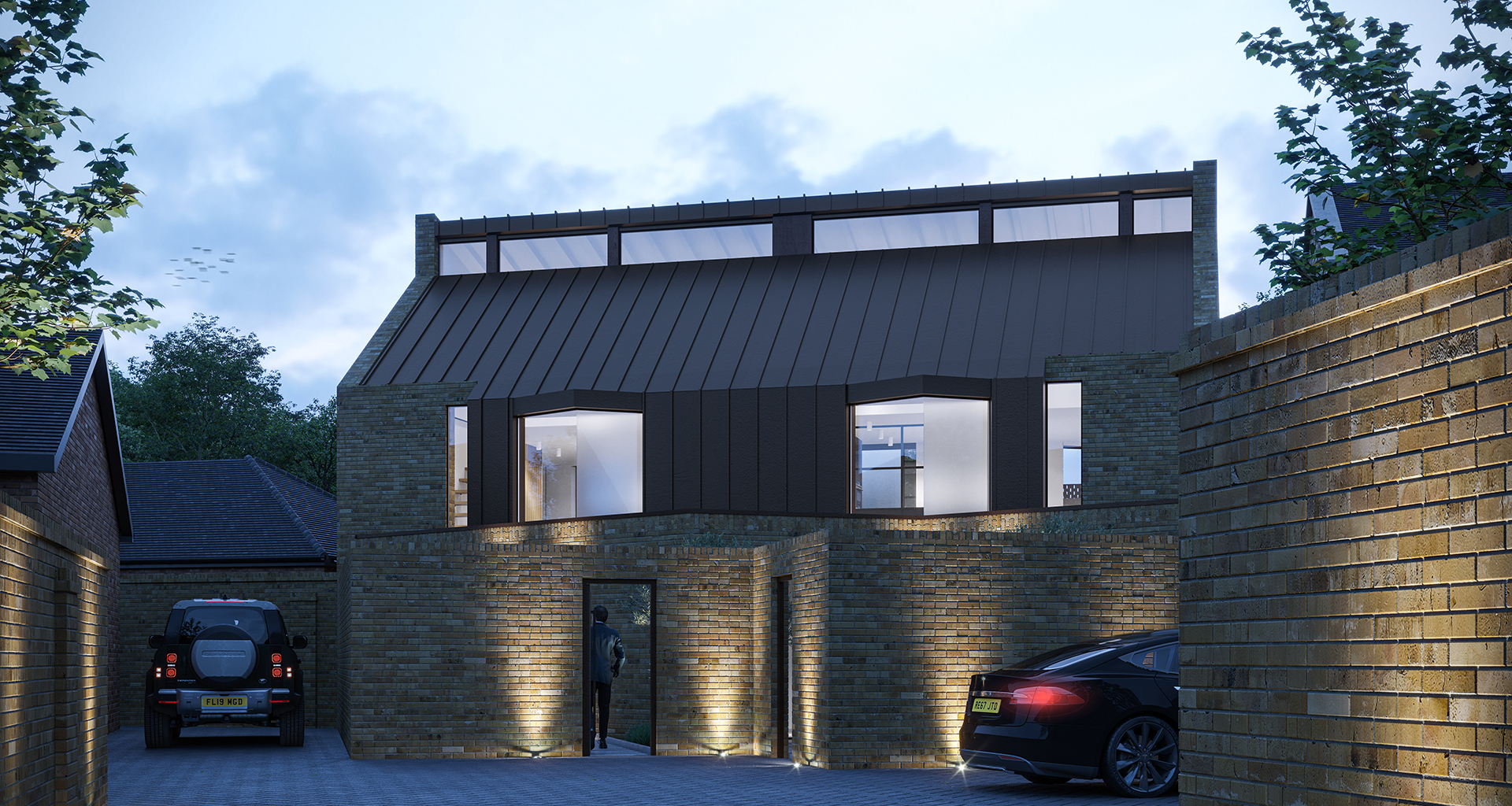



.webp)